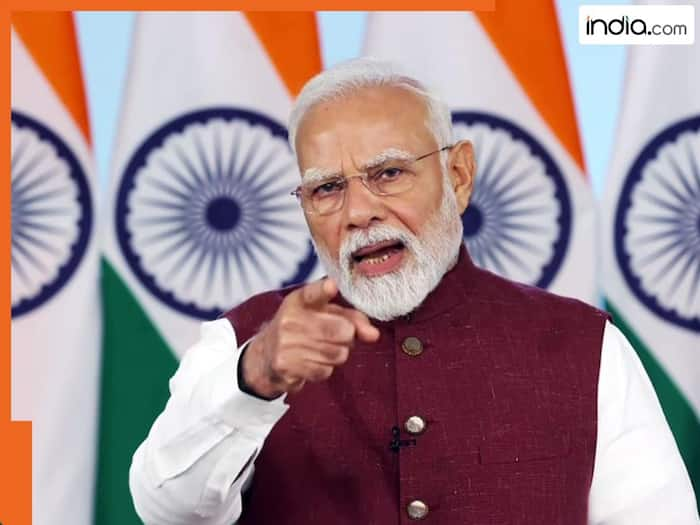The article urges India to respond firmly to the Delhi blast, warning Pakistan that repeated terror acts will now meet swift, strong, and decisive retaliation instead of silence.

The smoke has barely cleared from Gate No. 1 of Red Fort Metro Station, and already Delhi feels heavier, sadder. On November 10, ten innocent lives were snuffed out in a car blast that turned a busy Monday morning into a nightmare. Mothers going to work, commuters heading to offices, shopkeepers opening shutters—all caught in metal and fire. Today, November 12, we still don’t know if it was terror or some tragic accident, but our hearts know what our minds fear. If, and this is a big if, investigations prove Pakistan’s dirty hand in this, India cannot just write angry letters anymore. We’ve tried that before. It only invites more blood on our streets.
Cast your mind back to April 22 this year. Remember Pahalgam? Twenty-six Indians, simple tourists and pilgrims seeking peace in Kashmir’s beauty, were gunned down by terrorists. The nation’s rage was real, raw, and righteous. Prime Minister Modi didn’t just tweet condolences. On May 7, he launched Operation Sindoor, and our forces stormed across the Line of Control like a righteous storm. Nine terror camps inside Pakistan were demolished, over a hundred terrorists wiped out, including big names from Jaish-e-Mohammed who thought they were untouchable. The operation stopped on May 10, but Modi’s message didn’t stop echoing: touch us again, and we’ll hit harder. That brief war told Pakistan and the world that India’s patience has an expiry date.
Now this Delhi blast. Right under the shadow of the Red Fort, our independence symbol, where our tricolor flies proudest. Early whispers suggest RDX, the terrorist’s favorite toy, and arrests in Kashmir hint at local helpers with foreign masters. If evidence trails lead to Lahore or Rawalpindi, if money transfers show Karachi banks funding bombers, if phone taps catch Pakistani handlers giving orders, then what? Do we just protest again? Do we wait for another Pahalgam, another Mumbai, another Parliament attack? Absolutely not.
India’s response will likely be sharp and swift, just like after Sindoor. Diplomatically, we’ll isolate them harder—push for their economy to be strangled through global financial watchdogs, rally our friends in America, Japan, and Australia to cut their aid, make them pariahs at every world forum. Pakistan’s already broke; one more push and their generals will be begging bowl in hand. But diplomacy alone won’t stop men with guns and bombs. We need the military option too, and we have it ready. Surgical strikes like Uri in 2016, air raids like Balakot in 2019, maybe even a mini-Sindoor operation targeting freshly rebuilt terror camps. Our Rafales can reach deep, our missiles precise, our commandos fearless. We won’t start a full war—nuclear weapons make that madness—but we can make terror costly enough that Pakistan thinks ten times before the next plot.
At home, this tragedy should wake us up too. Better intelligence sharing between states, stricter border controls, faster anti-terror laws, and most importantly, unity. From Chennai to Chandigarh, we’re all Indians first. When Delhi bleeds, so does every village and town. Our strength isn’t just in our army’s might but in our refusal to be terrorized, to keep living, working, dreaming despite the fear they try to plant.
Look, bullies respect strength, not silence. If Pakistan’s behind this blast, they must face consequences that hurt, that teach, that warn. We’ve mourned enough. It’s time to ensure our tears aren’t wasted, that our ten lost souls in Delhi become the reason terror finally gets too expensive for those who export it. India has changed. We don’t just absorb blows anymore; we return them with interest. Let the world watch and let Pakistan learn: our patience is vast, but it’s not infinite. Jai Hind.
(Girish Linganna is an award-winning science communicator and a Defence, Aerospace & Geopolitical Analyst. He is the Managing Director of ADD Engineering Components India Pvt. Ltd., a subsidiary of ADD Engineering GmbH, Germany.)

















































